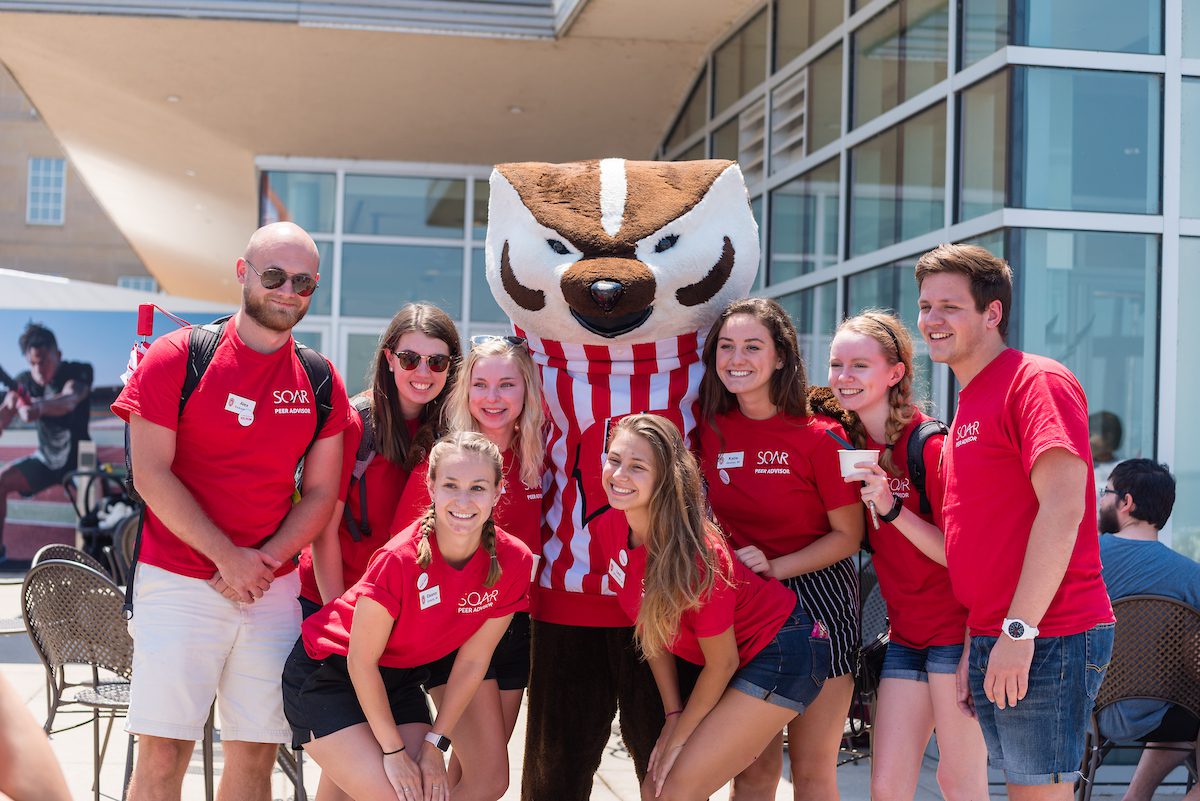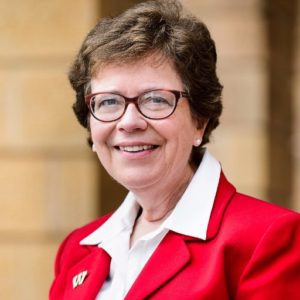The University of Wisconsin–Madison worked harder than ever to serve diverse audiences in Summer Term 2018, according to Chancellor Rebecca Blank. On her Blank’s Slate blog, the chancellor notes that innovative courses geared toward incoming freshmen, precollege students, international students, and students visiting from other institutions helped increase undergraduate enrollment by 7 percent over summer 2017.
“We did justice to the Wisconsin Idea by providing access to a wide range of learners around the state and around the world,” Blank says.
UW-Madison launched an effort to expand Summer Term three years ago, increasing courses both on campus and online and making a strong effort to offer courses that fill distribution requirements.
“We want Summer Term to provide students more flexibility in their schedules, expanding their ability to complete an internship, study abroad, or work at a job, all while staying on track to graduate in four years, which helps keep their education affordable,” Blank says.
Increasing access
In 2018, the university found many creative ways to make Summer Term more accessible. It increased summer scholarship funding to more than 900 students and launched a new Summer Housing Boost program to offset the cost of campus housing. A new four-week session right after spring semester attracted more than 1,000 students looking for a convenient way to fit Summer Term into their schedules.
Other new initiatives for 2018 included the Mechanical Engineering Summer Launch, offering a head start for first-year mechanical engineering students; Imaging Self, a for-credit residential program for high school students interested in the arts; and the Summer Transfer Employment Program for transfer students.

Blank notes that revenue from Summer Term largely returns to the schools and colleges that offer the programs, allowing them to reinvest in their students, staff, and infrastructure. For example, the School of Education will use summer revenues to hire a kinesiology faculty member for the proposed new major in health promotion and health equity. Over the past two academic years, the School of Human Ecology has used summer funds to support eight graduate assistant appointments.
Blank is already looking ahead to an even more robust Summer Term in 2019.
“Expect more creative course offerings, career initiatives, certificate programs, and research opportunities,” she says, “as well as scholarships and programs that will make Summer Term accessible to as many students as possible.”
See the Summer Term webpage for information about 2019 courses and programs.